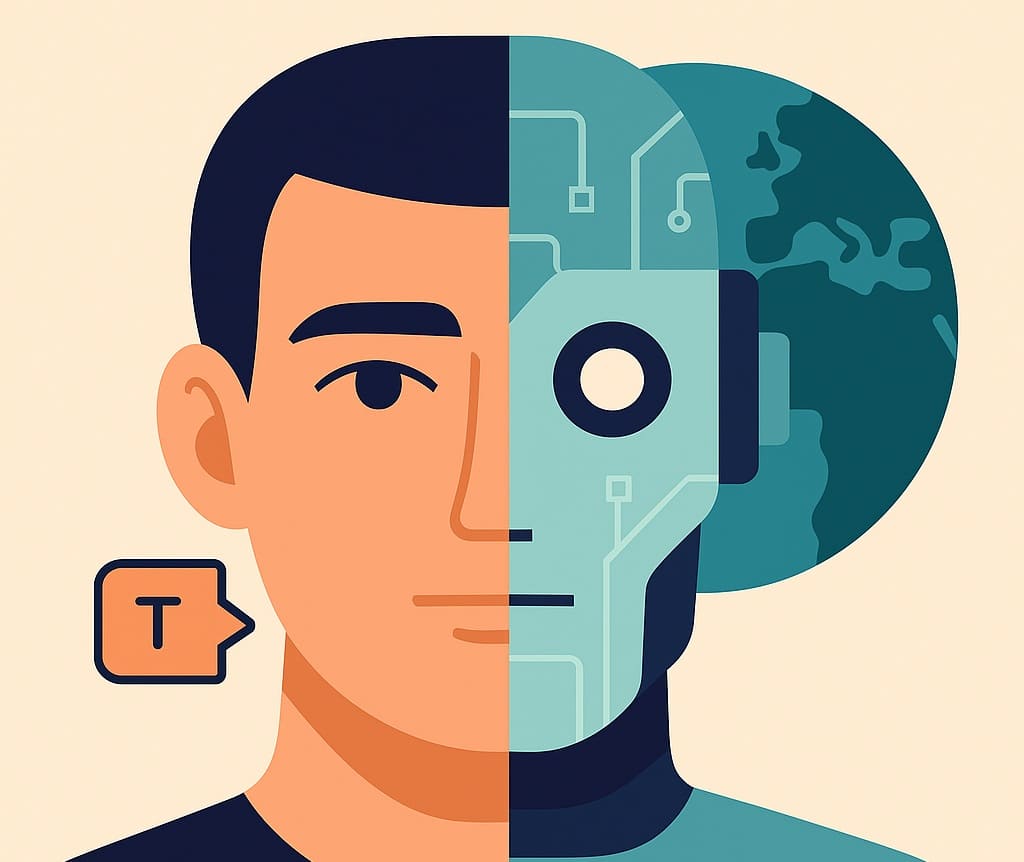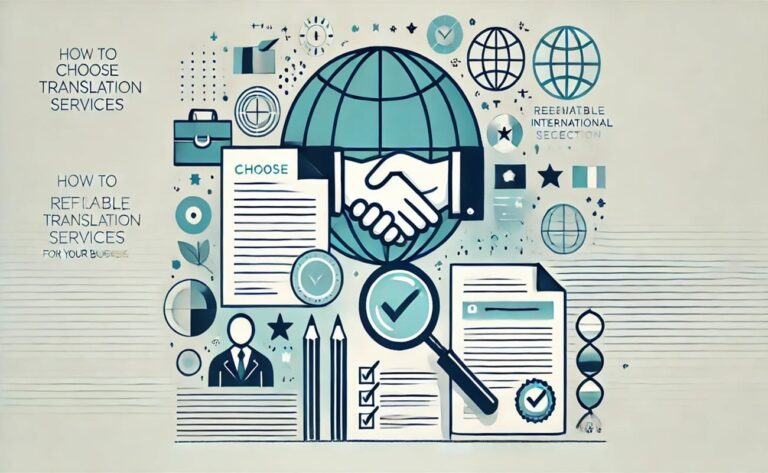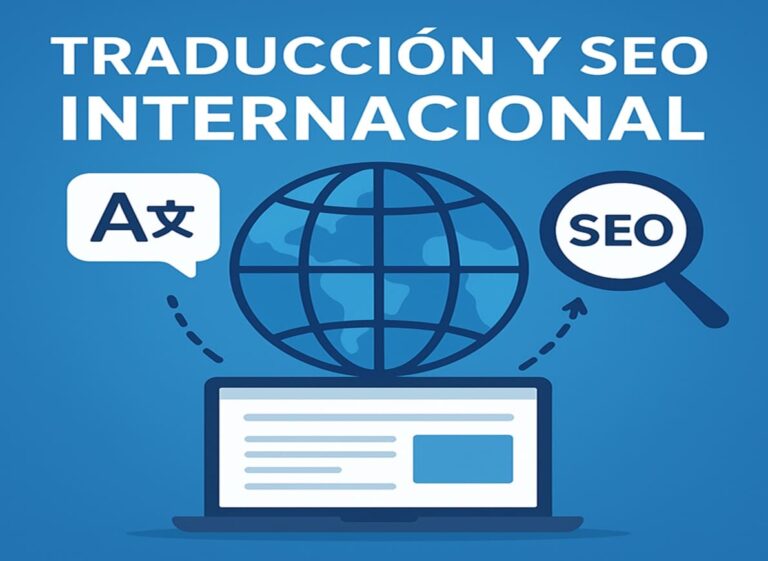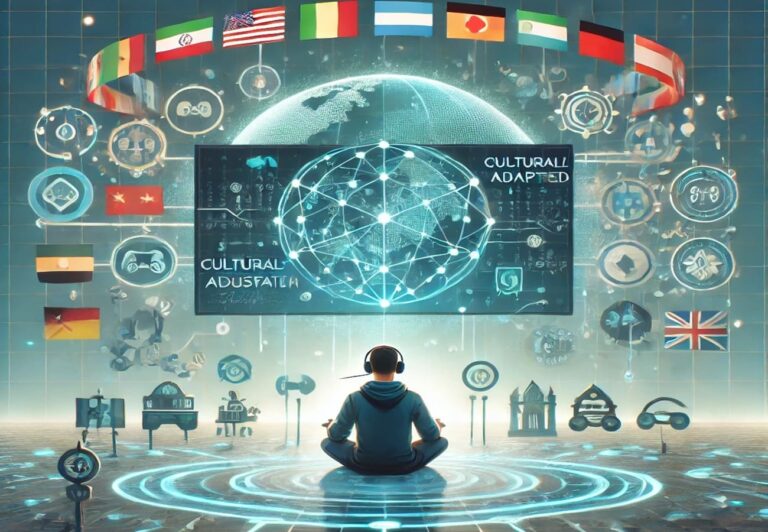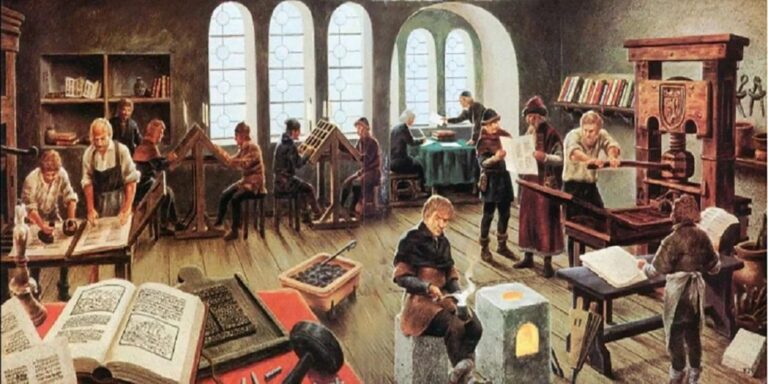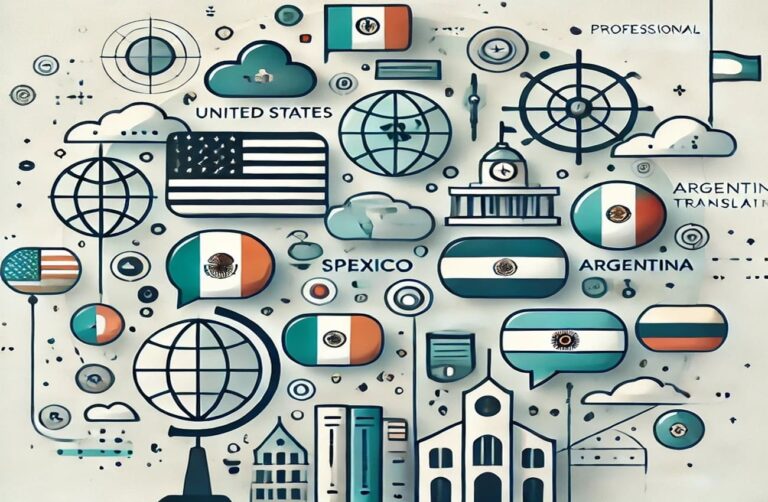How the world of translation changed in 2025
In the last year, the world of translation as an industry has undergone a profound transformation. Rapid advances in artificial intelligence(AI), new regulatory requirements, the demand for accurate localisation and an increased focus on privacy and sustainability are shaping a new era of language services. The following are the key trends that will shape the translation market in 2026.
AI changes the rules of the game
Translation without borders.
Meta presented the SEAMLESSM4T system, an innovative solution that enables voice translation into 36 languages and text translation into 96 languages. This is a breakthrough in machine translation accuracy. This is a breakthrough in machine translation accuracy.
AI in fiction.
Platforms such as GlobeScribe.ai already offer translations of fiction for $100 per language. While these texts find their readers, experts warn that the emotional depth, cultural allusions and artistic flair are beyond the capabilities of even the most advanced machine.

Man + machine: the symbiosis of the future
Post-editing as the new norm.
Modern translators are increasingly working with AI-generated drafts rather than starting from scratch. This approach increases speed and maintains accuracy, as long as humans are not excluded from the process.
Individual translation models.
Business requires not only a correct translation, but also one that is stylistically and terminologically appropriate. This is particularly important in the legal, medical and marketing sectors.
Localisation: beyond the tongue
Hyperlocalisation in action.
International companies take into account not only language but also regional variations, such as the differences between Mexican, Argentinean and American versions of Spanish.
Multimedia content and culture.
Adapted subtitling, dubbing and voice-overs that take into account the cultural context and local characteristics are increasingly necessary.
Support for minority languages.
Google Translate now supports Nahuatl, thanks to the efforts of linguists and activists. This is an important step towards preserving linguistic diversity and accessibility.
Ethics, regulation and security
Data are protected.
European laws such as the GDPR oblige companies to choose translation solutions with high privacy standards.
AI is under the supervision of the law.
New EU regulations, such as the Artificial Intelligence Act and the Accessibility Act, require transparency in AI operations. Companies must be prepared to take responsibility for the quality and reliability of machine translations.

The market and sustainability: a course for the future
Is smaller better?
Large agencies that have massively adopted AI face quality issues. In contrast, small studios and freelancers benefit from offering flexible and customised services.
Green approach to translation.
Companies pay attention to sustainability: digital workflows, cost minimisation and texts that reflect a sustainable brand position.
Conclusion
The year 2025 shows that the future of the translation world is still a balance between innovation and human factors, between automation and cultural sensitivity, between globalisation and localisation. AI is not an enemy, but a tool that a qualified specialist can use to his or her advantage. But the human being remains the key bearer of meaning, context and intercultural understanding.

